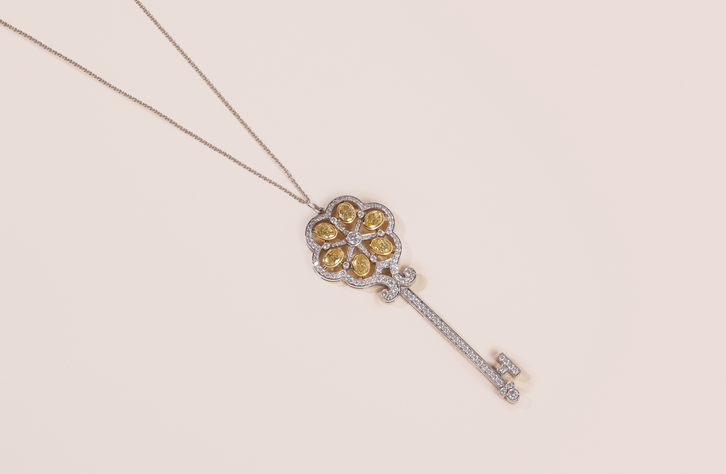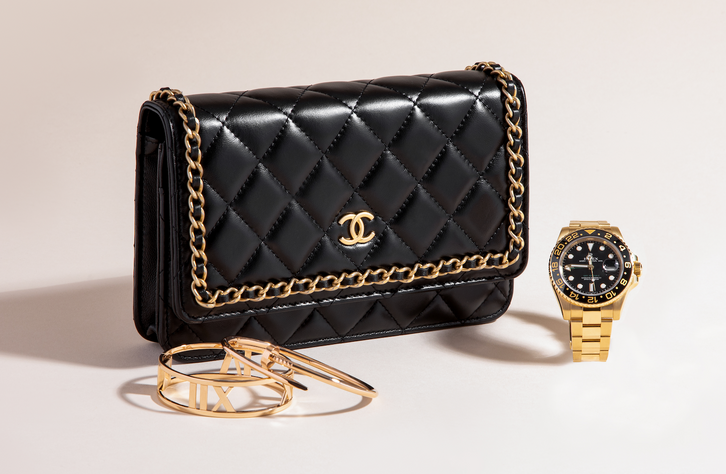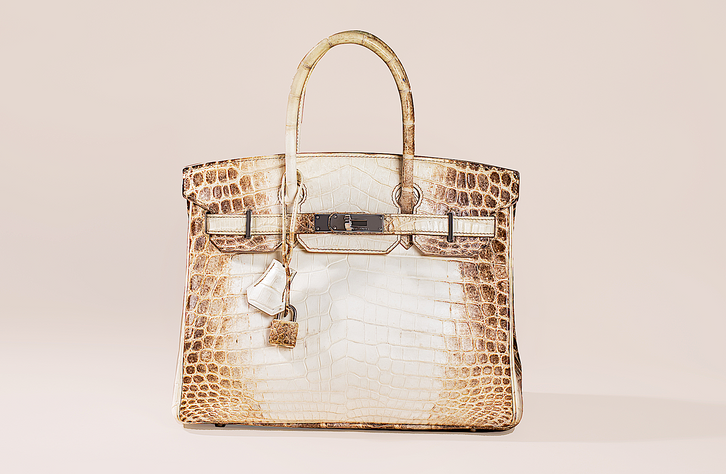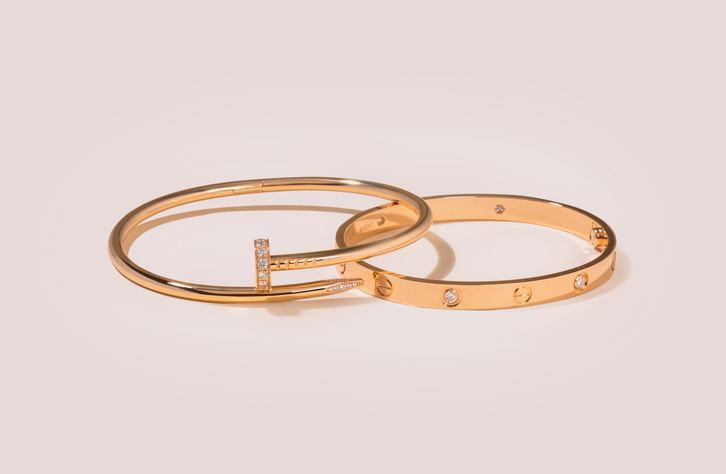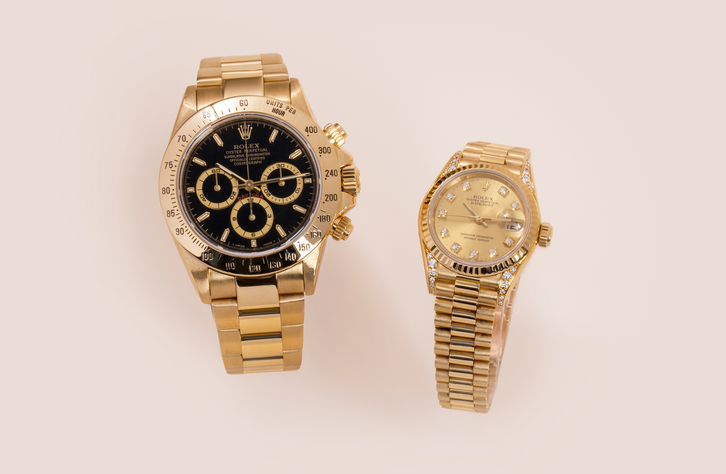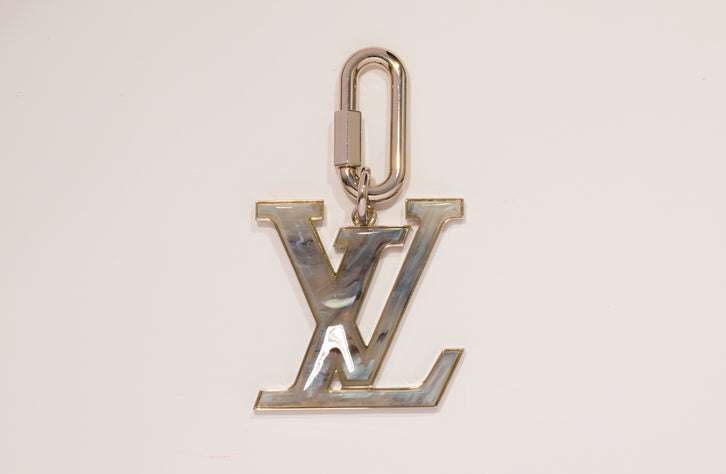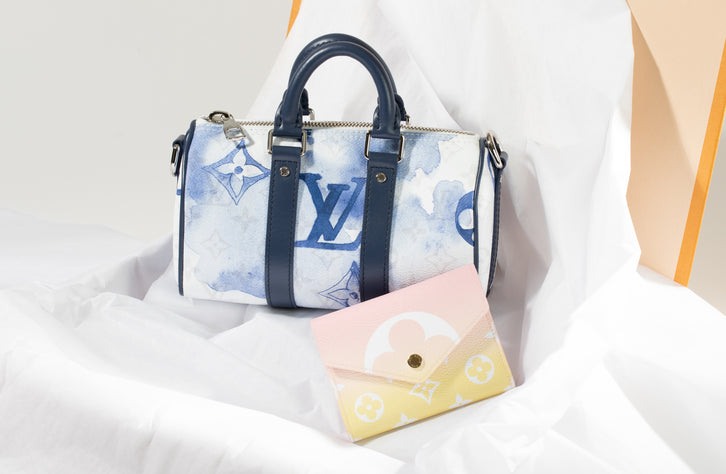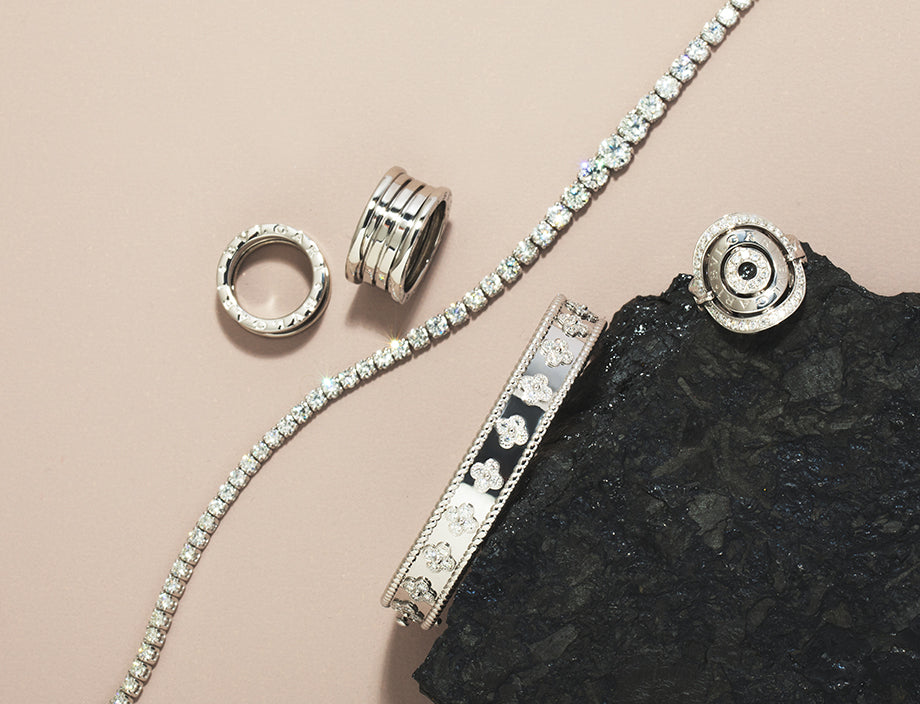Read on, as we guide you through the process of learning the background of your ribbon-inspired pieces, determining the value of your jewellery on the secondary market, finding the best luxury jewellery buyer, and getting the highest offer for your Chanel Ruban pieces.
Get the answers to the following questions:
- Where can I sell Chanel Ruban jewellery
- How much is my Chanel Ruban jewellery worth
- How do I sell Chanel Ruban jewellery for the most money
Where Can I Sell Chanel Ruban Jewellery?
Now that you know the history behind your piece, youre ready to evaluate buyers. Below, we list some of the most popular places to sell Chanel Ruban jewelry:
1. PAWNSHOPS
Pawnshops are fast, local, and pay in cash. But, because theyre not in the luxury end of the market, they often buy with the expectation of selling to a more specialized dealer. Which means theyre not motivated to give you the best price.
2. HATTON GARDEN
Londons historic diamond district, Hatton Garden, has a convenient concentration of dealers, which means you can get multiple offers and probably sell your Chanel piece in a one quick visit. The downsides: You can expect high-pressure tactics, contradictory information, and lots of haggling.
3. AUCTION HOUSES
Traditional auction houses have trained experts on staff to evaluate your items and suggest a bidding range and may even schedule specialty sales completely devoted to fine jewellery, which means theyre often suited for extremely collectible pieces or statement jewellerysuch as Chanels diamond-covered Ruban watch.
However, the downsides are wait time and unpredictability. After they accept the consignment and inventory the piece, you then have to wait for an auction date, which is usually a matter of months.
If youre lucky, youll have bidders competing against each other and youll get a good price when your jewellery goes under the gavel. If youre not, you may receive no bids at all. And dont forget that auction houses also collect sellers fees from the final price.
4. ONLINE AUCTION SITES
Online auction sites operate much like traditional auction houses. Some have experts on staff, while others (like eBay) are simply places where you post the item yourself and then hope for the best. Either way, getting the price you want is a matter of luck and youre obligated to wait for your payment. Remember that all of them stay in business by charging sellers either a flat fee or a percentage of the final price.
5. PRIVATE BUYERS
Private buyerseither online or localusually have very specific wants. If your piece fits their profile then you may get a good price. But if their offers seem too good to be true, they often are. Beware buyers who plan to hold your piece for a while before paying you, since they are sometimes posting the piece at an online auction and waiting to see if it sells.
Also watch out for potential scammers who may claim that they never received your jewellery, that the piece was a fake, that they lost the paperwork, or that it arrived damaged (and therefore they have to give you a discounted price).
6. EXPERT UK FINE JEWELLERY BUYERS
Established in 2012, myGemma was created as a professional, 21st-century alternative to traditional jewellery buyers. Some dealers haggle. Some take advantage of time constraints or a customer's lack of expertise.
Others quote prices without mentioning that when they sell Chanel Ruban jewellery they then charge for insurance, a sellers premium, commissions, or polishing and servicing the piece. We wanted to change that.
With offices in Birmingham, London, New York, Tokyo and Hong Kong, as well as the option to sell online, our free service is focused on speed, convenience, customer service and getting you the best possible price. We pride ourselves on offering a streamlined and hassle-free way to sell fine jewellery and luxury watches in the UK.
myGemma does not use high pressure sales tactics, does not deduct fees or commissions, and never haggles. Clients always receive our best prices upfrontwith no obligation to sell.
We buy your Chanel fine jewellery directly, in a process can take as little as 48 hours from inquiry to payment. Thats how we earned so many loyal customers. (Read our hundreds of positive reviews for yourself.)
About myGemma
myGemma is a leading and specialist jewellery and luxury watch buyer in the UK. No one knows the luxury jewellery market better. Every day, our industry veterans evaluate vintage and contemporary pieces from Chanel, Cartier, Bulgari, Garrard, Tiffany, and other top marques.
Were members of the UKs National Association of Jewellers and use a highly secure Royal Mail service with a record of trustworthy, on-time delivery. We work with hundreds of customers on a daily basis, in the UK and internationally.
Led by industry veterans, myGemma offers a high-end selling process that values transparency and security above all else. We understand the emotional and monetary value of your jewellery, which is why we use a fully insured and trackable shipping service, so you can rest assured that your pieces are always safe.
Our service is entirely free, and you will never need to spend a single penny on hidden fees or commissionseven if you decline our offer.
How To Sell Chanel Ruban Jewellery?
We offer two convenient selling methods:
Sell Online: We will provide you with a free, fully insured, overnight, and trackable shipping label to send your jewellery to our office. When your jewellery arrives, it will be opened on camera and promptly evaluated by our luxury jewellery team. Accept payment or your items are returned free of charge.
Sell In Person: We provide appointments at our secure and comfortable offices in Birmingham, London, New York, or Hong Kong. Appointments are typically 30 minutes long, during which you will meet with a member of our evaluation team who will assess and price your jewellery. You are never required to sell your jewellery and your appointment will always be free.
How Much Is My Chanel Ruban Jewellery Worth?
The value of your Chanel ring or other designer jewellery is determined by several factors:
- Metal Type: Gold, platinum etc
- Gemstones: Diamonds, pearls etc
- Condition: Do the clasps still function correctly, are any stones missing, is the watching working?
- Box and Papers: When originally bought, your Chanel Ruban jewellery came with a branded box, presentation case, and certificate of authenticity. You may also have a travel pouch and a receipt for the purchase. These materials are all desirable for collectors as they demonstrate the authenticity of your jewellery and will increase its overall value.
About Chanel's Ruban Collection
In November of 1932, Gabrielle Coco Chanel opened the doors of her townhouse at 29 Faubourg Saint-Honoré to the Parisian public for Bijoux de Diamants, a preview of her firstand onlyfine jewellery designs.
Staged as a benefit for charity and underwritten by the Union of Diamond Merchants, who had been struggling to sell their wares as the Depression deepened, that small-scale, 12-day exhibition would influence fine jewellery design for decades to come.
Declaring that she wanted to create jewels that slip between a womans fingers like a ribbon, Chanel provoked her public into rethinking the ways that diamonds were worn.
Using playful trompe loeil effects that were considered shockingly casual for fine jewelry, she displayed her platinum and diamond piecesnot in velvet cases and bespoke leather boxesbut draped on the kind of wax mannequins normally used in department stores. As she had done with womens wear, Chanel appropriated the design conventions that she found appealing and discarded the ones that she did not.
Among her appropriations: rubanthe French word for ribbonjewellery. A favored motif since the days of Louis XIV, when Madame de Sévigné wore bow-shaped brooches so often that they've been nicknamed sévignés ever since, ribbon designs had been all the rage during the designers Edwardian girlhood.
Chanel, however, took the static, symmetrical garlands, ribbons, and bow knots of earlier eras and reinvented them with asymmetry and an illusion of movement. Her Ruban pieces looked as if someone had tied a bow in a big hurryalbeit in a ribbon that just so happened to be made of platinum and diamonds.
Fast forward to 2012 and Collection 1932, fine jewellery created as the houses homage to the exhibition staged 80 years before. Mixing pieces that quoted directly from the designers still-revolutionary designs with others that reinterpreted them for the 21st century, Chanel revived multiple Ruban designs, which quickly proved so popular they became the focus of a separate capsule collection.
Today, although the length and volume of its diamond ribbons may changeever so slightlyfrom season to season, each Ruban Collection retains the brilliant wit and superb execution that have distinguished Chanels fine jewellery since its 1932 debut.
